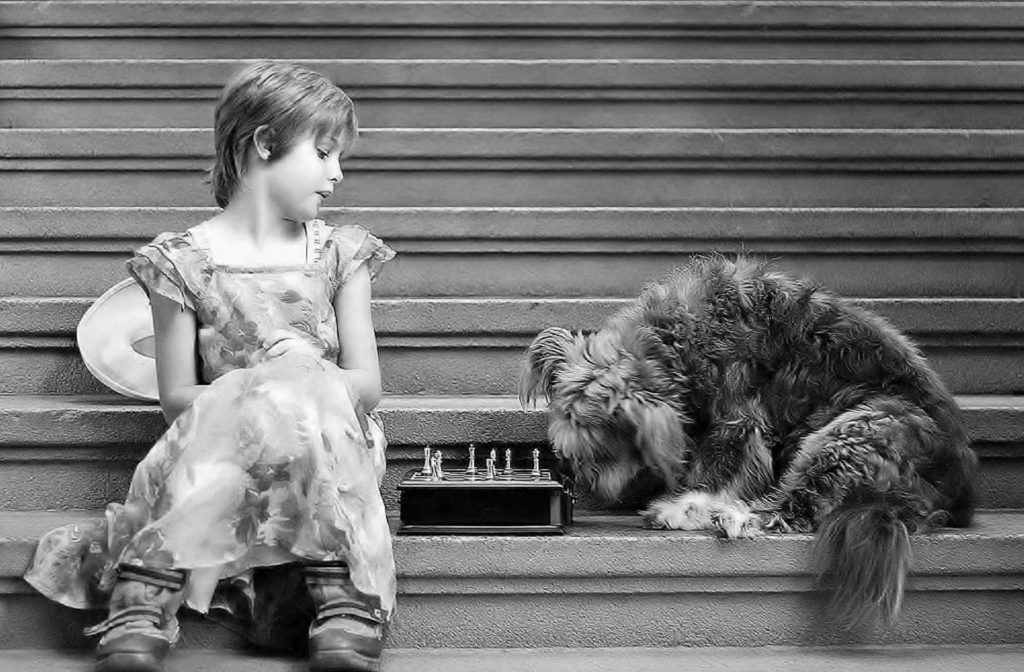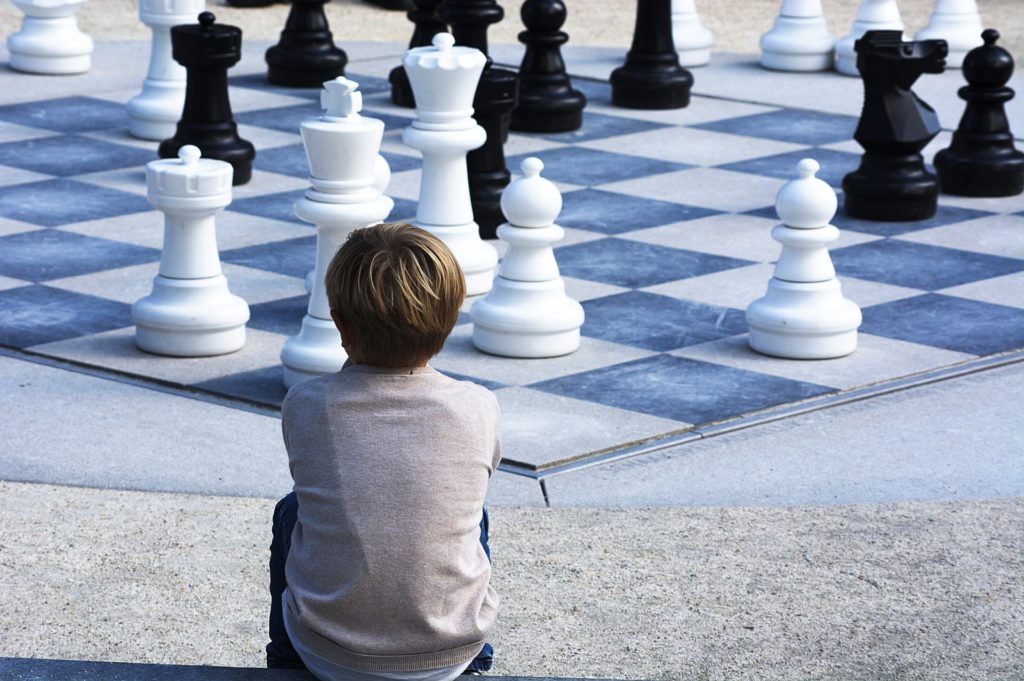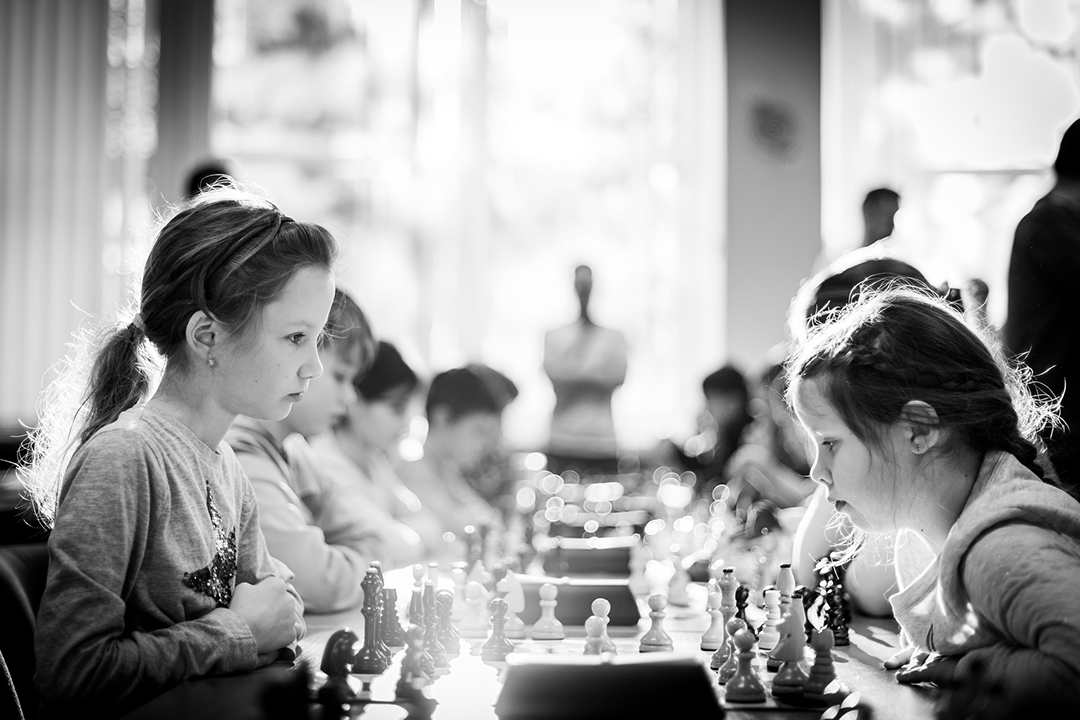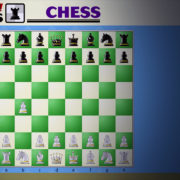Chess is widely considered to be one of the best games for children to learn, offering huge psychological benefits as they grow up. Academics around the world have produced data that links chess with improved concentration, problem-solving skills and mathematical abilities. Critical and creative thinking and memory storage have also been shown to improve. Social skills and communication, too, develop more rapidly, and even children with special educational needs can improve their performance and interaction with their classmates thanks to playing chess.
How children learn

Right from their first breath, babies start learning. In fact, their brains are working before they are even born, teaching them about sight and sound, and soon after birth, they learn to cry for attention. Children’s minds are constantly absorbing knowledge, taking everything in, whether you want them to or not.
In order for their brains to develop, children need a stimulating environment, one which encourages learning by allowing them to observe, listen, explore and experiment. This is how children engage with the world around them. They ask questions – is this good to eat? Where is that noise coming from? from day one, experimenting to find out if indeed something is good to eat by using hand to mouth coordination to chew on the item. Everyday play in a safe, supportive environment provides a firm foundation as they grow.
You, as their main caregiver have a crucial role to play in their development, guiding them through the early years and beyond, and of course introducing them to the world of chess.
How young is too young?

The ability to play chess has little relation to age, and there are many children who, by six or seven years old, can beat most adults.
The key is to keep everything stimulating, fun and encouraging. If you bear this in mind children can enjoy learning chess from a very early age, even as early as two years old. Allow kids to take their time, with short frequent sessions that don’t leave them feeling overwhelmed or bored. At these early stages, it’s just a case of becoming familiar with the board and pieces.
At this stage, don’t buy your children a beautiful chess set – not to play with at any rate. Look for a cheap set with big, plastic pieces that – and any parent knows this is crucial, can be washed! Allow them to play with one or two pieces at a time, tell them stories about each piece and include information about why they can only move in a certain way, but above all, make it fun.
When your kids seem ready to take on more information, start teaching them about each piece. By now, thanks to your stories, they should be aware of how each one moves, and although it might be tempting to begin with pawns, they have quite a complex role, so starting with the rook is often easier.
⭐️ RetiOpening coaches have many years of experience teaching all levels of chess to all ages. Sensitive, encouraging and going at your child’s pace, they can help your youngster get off to a great start ⭐️



